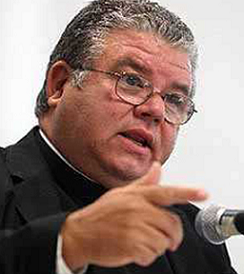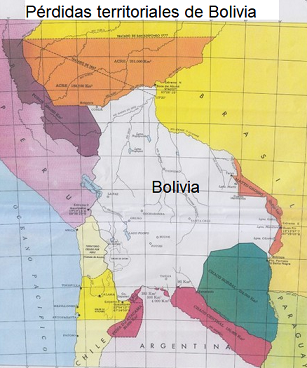“Como todo revolucionario, si gana instala una dictadura popular: censura, expropia, encarcela, tortura y fusila. Si pierde, se refugia en los derechos humanos, se vuelve un demócrata y denuncia la persecución, la crueldad, el patriarcado y la falta de libertades civiles”.
Arturo Pérez-Reverte
 La semana estuvo, sin duda, marcada el resultado de la primera vuelta electoral en Brasil. Otra vez los más reputados encuestadores dejaron jirones de su prestigio por los tan equivocados resultados que pronosticaron, producto tanto de vender sus análisis al mejor postor cuanto de la tentativa de influir en la opinión de los ciudadanos. En ese mismo error incurrió el Frente de Todos, que confundió deseos con realidad y tanto apostó a un definitivo triunfo de Luiz Inácio Lula da Silva (48,43%). Los muchísimos votos obtenidos por el tan repudiado Jair Bolsonaro (43,20%) aguaron la fiesta aquí prevista por el Gobierno para celebrar la resurrección de la Patria Grande que el Foro de San Pablo imagina para la región y para exhibir un éxito en su teoría del lawfare. El segundo turno electoral se disputará el 30 de este mes, y su resultado todavía es imposible de prever.
La semana estuvo, sin duda, marcada el resultado de la primera vuelta electoral en Brasil. Otra vez los más reputados encuestadores dejaron jirones de su prestigio por los tan equivocados resultados que pronosticaron, producto tanto de vender sus análisis al mejor postor cuanto de la tentativa de influir en la opinión de los ciudadanos. En ese mismo error incurrió el Frente de Todos, que confundió deseos con realidad y tanto apostó a un definitivo triunfo de Luiz Inácio Lula da Silva (48,43%). Los muchísimos votos obtenidos por el tan repudiado Jair Bolsonaro (43,20%) aguaron la fiesta aquí prevista por el Gobierno para celebrar la resurrección de la Patria Grande que el Foro de San Pablo imagina para la región y para exhibir un éxito en su teoría del lawfare. El segundo turno electoral se disputará el 30 de este mes, y su resultado todavía es imposible de prever.
El actual Presidente brasileño obtuvo 99 bancas en la Cámara de Diputados, mientras que el candidato del PT, que sólo pudo competir porque su juicio por corrupción fue declarado nulo por el Tribunal Supremo Federal por problemas de competencia y sin llegar al fondo del asunto, sólo consiguió 80 escaños. Esa Cámara cuenta con 513 miembros; o sea, el oficialismo y la oposición carecen, por mucho, de mayorías propias y estarán obligados a negociar cada ley que pretendan sancionar a partir de ahora.
La injustificada centralidad argentina no permite entender cómo funciona la democracia en Brasil, donde un montón de diputados electos por infinidad de partidos políticos constituyen lo que se denomina el “centrāo” que, entre otras virtudes, impide cualquier deriva autoritaria en ese país. A eso me refiero cuando digo que allí, en Uruguay, Chile, Perú, Colombia y Ecuador, las instituciones -en especial, las legislaturas-, son fuertes, estableciendo una enorme diferencia con lo que aquí sucede.
- Hits: 1933

 Querido Santo Padre:
Querido Santo Padre: poco definidos y claros. Con tres regiones diferentes: La costa, la zona andina y el Oriente. Sólo la zona andina estaba organizada en la cual existía varias ciudades, entre ellas Charcas (Sucre), La Paz, Cochabamba, Potosí y otras. El Oriente estaba casi deshabitado, la excepción era la ciudad de Santa Cruz de la Sierra, esta región había luchado con mucho heroísmo por la independencia, donde se destaca la Batalla del Pari. En la costa había casi nada al extremo que no pudimos organizar una Marina Mercante y peor una Marina de Guerra.
poco definidos y claros. Con tres regiones diferentes: La costa, la zona andina y el Oriente. Sólo la zona andina estaba organizada en la cual existía varias ciudades, entre ellas Charcas (Sucre), La Paz, Cochabamba, Potosí y otras. El Oriente estaba casi deshabitado, la excepción era la ciudad de Santa Cruz de la Sierra, esta región había luchado con mucho heroísmo por la independencia, donde se destaca la Batalla del Pari. En la costa había casi nada al extremo que no pudimos organizar una Marina Mercante y peor una Marina de Guerra.